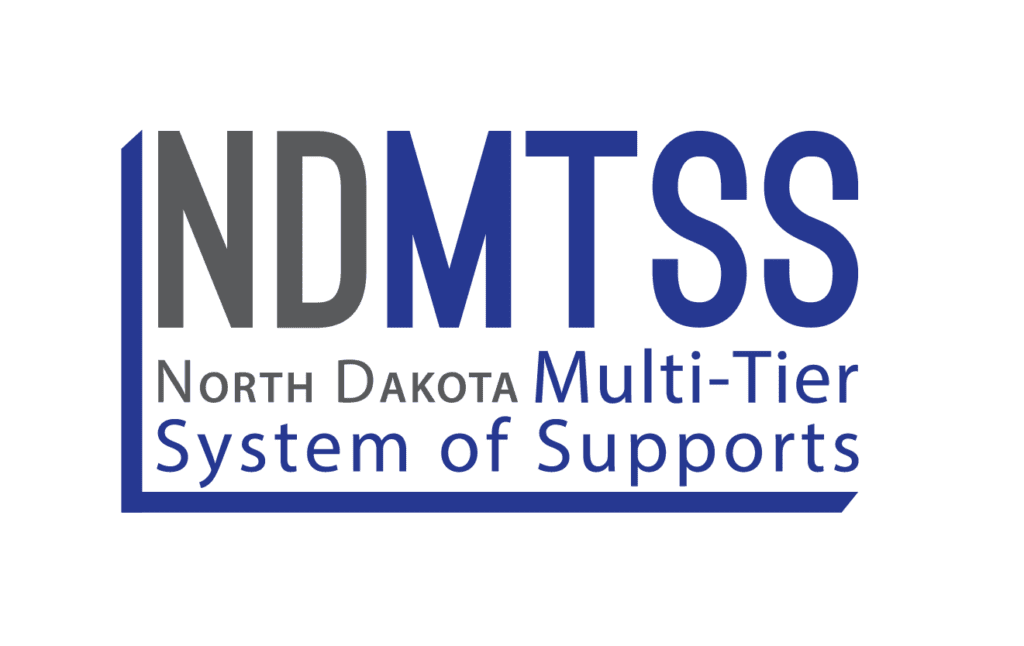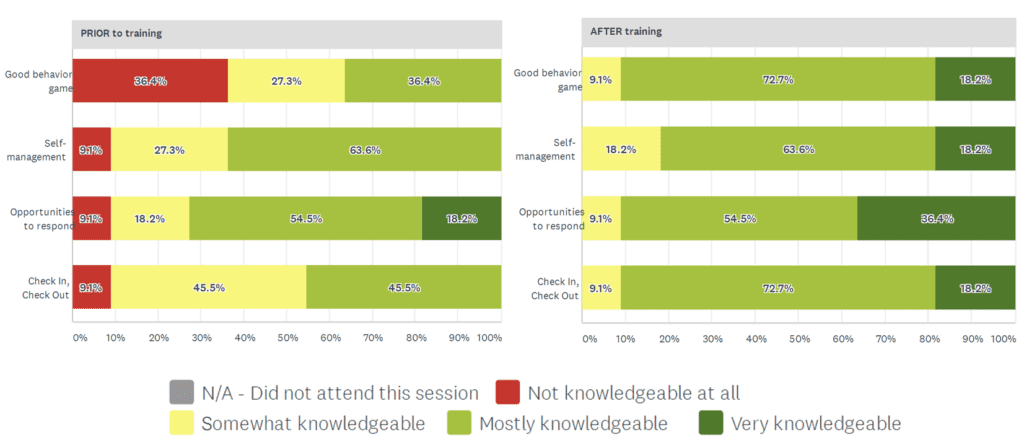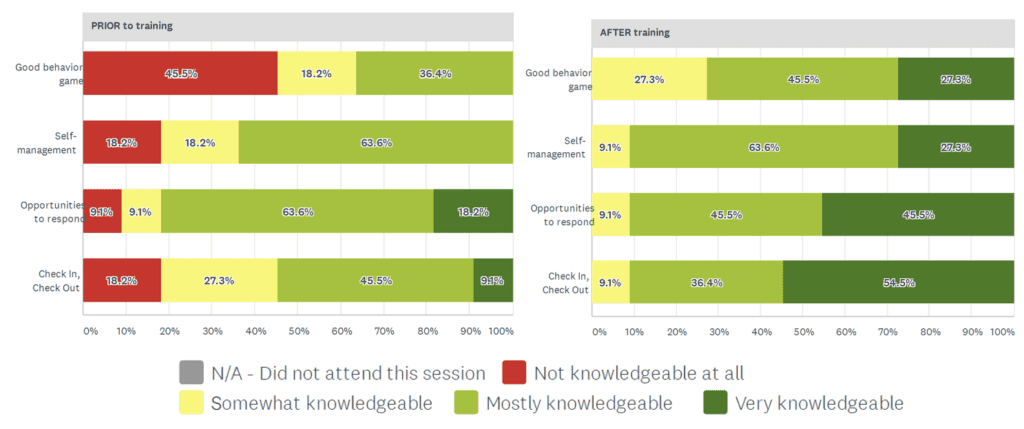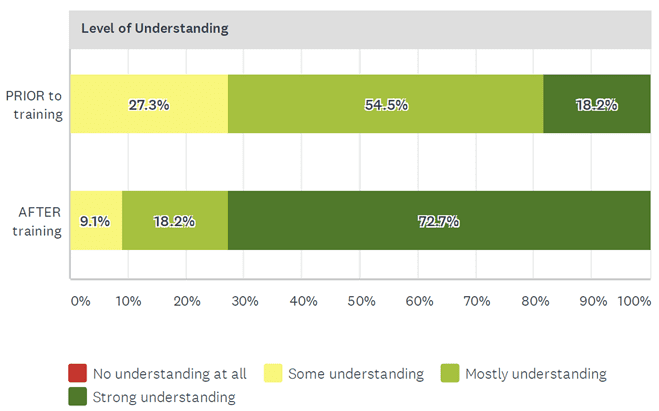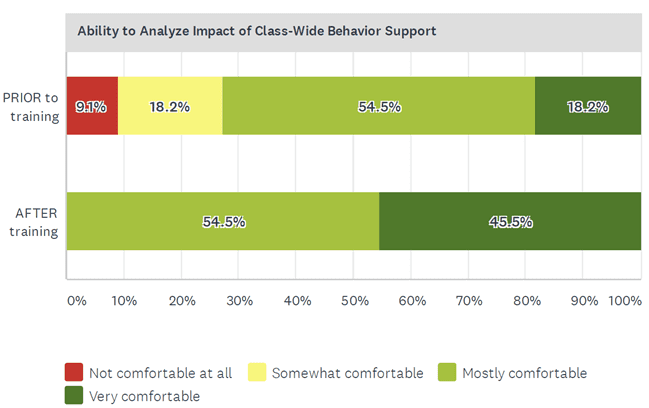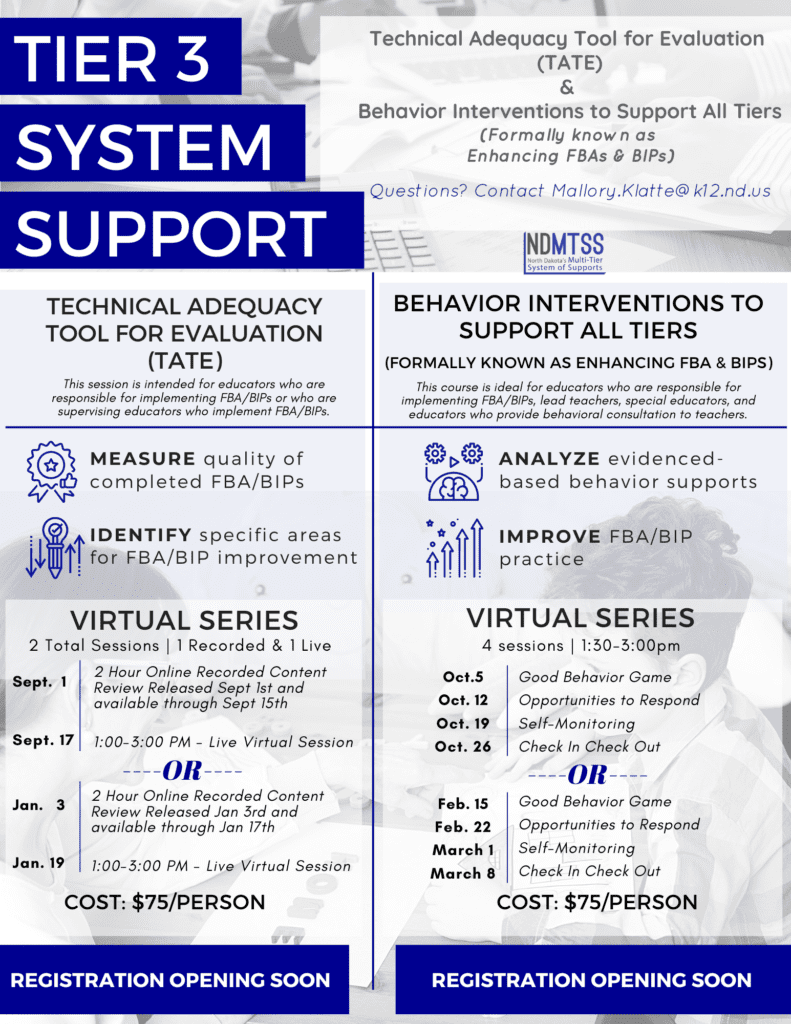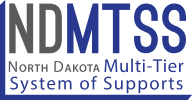Behavior Interventions to Support All Tiers - Enhancing FBAs/BIPs
In a strong multi-tiered system of supports, we are looking to support children at all levels and abilities when it comes to their academic, social, emotional, and behavioral needs. When a students behavior is getting in the way of success in other areas of their education school personnel can bring a team of professionals together (school counselor, school psychologist, teachers, administrators) to collaborate and determine what the best next steps are to help get students back on the road to success.
A Functional Behavior Assessment (FBA) is utilized to
- Define the behavior
- Gather and analyze information surrounding the student and behavior
- Identify the function of behavior (when/why is the behavior happening)
- Make a Plan to support the student in reducing the identified behavior and increase desired replacement behavior
This plan is called a Behavior Intervention Plan (BIP) which teaches and reinforces desired replacement behaviors identified in the FBA. It pulls in the identified behavior the plan will focus on as well as the hypothesized function of behavior but then ADDS the strategies and supports that will be put in place to teach and reinforce replacement behaviors along with plans for evaluation and monitoring fidelity.
During the 2020-2021 school year NDMTSS offered four sessions in both the Fall and Spring to focus on ENHANCING FBAs & BIPs to support ALL Tiers when it comes to behavior interventions. Each session focused on a different intervention’s features and led participants through a process to develop a plan to implement the intervention in their own setting. The four interventions highlighted are:
- Good Behavior Game
- Opportunities to Respond
- Self-Monitoring
- Check In Check Out
Throughout all eight sessions held there were 66 individuals (16 districts and two special education units) from around the state! Roles ranged from elementary, middle, and high school levels and encompassed multiple positions with general education teachers, special education teachers, and administrators being the most common. Facilitator Mallory Klatte, CREA School Psychologist & NDMTSS Coordinator, shared that schools implementing MTSS are seeing the need for more Tier 1 and 2 interventions as early, preventative measures to support students when they need it prior to them reaching a Tier 3 level of support or special education when possible.
Klatte also emphasized, “the importance of general education teachers attending these sessions and seeing the benefit of Tier 1 behavior interventions impacting all students, which in turn could have a significant impact on their students that are struggling academically and/or behaviorally.”
Of these registrants, 53 attended at least one live session while others chose to receive the recordings and view them on their own time. 11 individuals that attended live or watched the session recording completed the full evaluation… let’s see how the sessions made an impact.
Looking at participants’ perceived change in knowledge regarding the four interventions highlighted, only two of the interventions had 50% or more participants report being at least “mostly knowledgeable” prior to the training. Additionally, all 4 interventions had participants report being “Not knowledgeable at all.”
After the training, all four interventions increased to over 80% of participants being “Very knowledgeable” or “Mostly knowledgeable.” In fact, three of the four interventions were above 90%, with all 4 having no one indicate being “Not knowledgeable at all.”
Additionally, participants were asked to rate the change in their perceived level of comfort in their SKILLS to implement each of the interventions. A similar trend was shown for this. Three interventions had at least 50% of participants indicate being at least “mostly comfortable” implementing prior to the training, with only one being above 80%.
After the training, this increased to all 4 interventions, with three being at 90% or more (Self-Management; Opportunities to respond; Check In, Check Out).
Participants were additionally asked to rate their understanding related to the connection between implementing class-wide strategies and improved FBA/BIP practices, both prior to and after the training. Prior to the training, 72.7% of participants indicated being at least “mostly understanding” with only 18.2% indicating having a “Strong understanding.”
After the training, this increased to 90.9%, with 72.7% indicating having a “Strong understanding.”
Lastly, participants were asked to rate their level of comfort in their ability to analyze the impact of implementing class-wide behavior supports. Prior to the training, 72.7% indicated feeling at least “Mostly comfortable”, with 18.2% being “Very comfortable.”
After the training, this increased to 100% of participants, with almost half (45.5%) being “Very comfortable.”
OVERALL PD Quality
Overall, participants responded very favorably regarding the overall quality of the professional learning experience in which they participated across the four training sessions.
- 100% of participants indicated that the presenter was “very effective” (18.2%) or “effective” (81.8%) in their delivery of the sessions.
- 91% of participants indicated that the content presented was either “very valuable” (27.3%) or “valuable” (63.6%) to them in their position/role.
- 73% of participants indicated at least “moderate” increases in their knowledge and in their skills, with 36.4% and 27.3% indicating “substantial” increases, respectively.
- 73% of participants indicated they would be able to apply it to at least a “moderate extent”, with 36.4% “to a great extent.”
- 82% of participants indicated that what they learned would have a “moderate” (46%) or “substantial” (36%) impact on those they serve.
Looking to 2021-202221
We have set dates for next year and plan to hold two sets of sessions (Fall & Spring) to accommodate your schedules and will continue to record and provide that opportunity for all eight sessions. Registering for these sessions is an a la carte setup so you register for the sessions that you NEED. That could be one or two in the Fall and the other two in the Spring or all FOUR at once, or just one single session – you do what you need!
2021-2022 Session Dates are shown in the flyer on the right. Registration will be opening soon – but mark your calendars now!
Another training that will complement this work is the Technical Adequacy Tool for Evaluation to help measure current quality and identify improvement areas!
